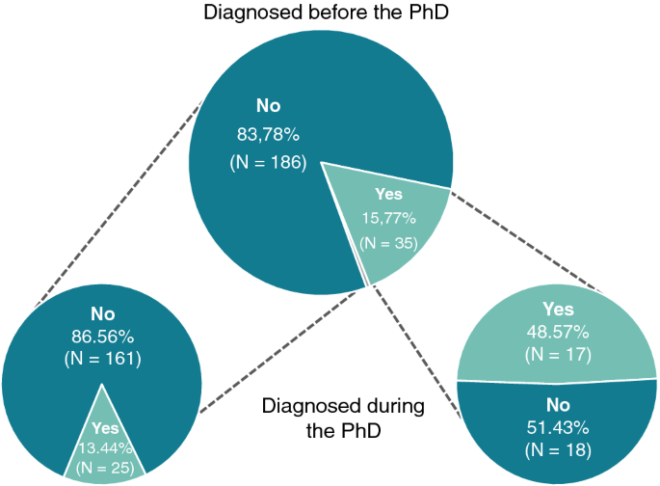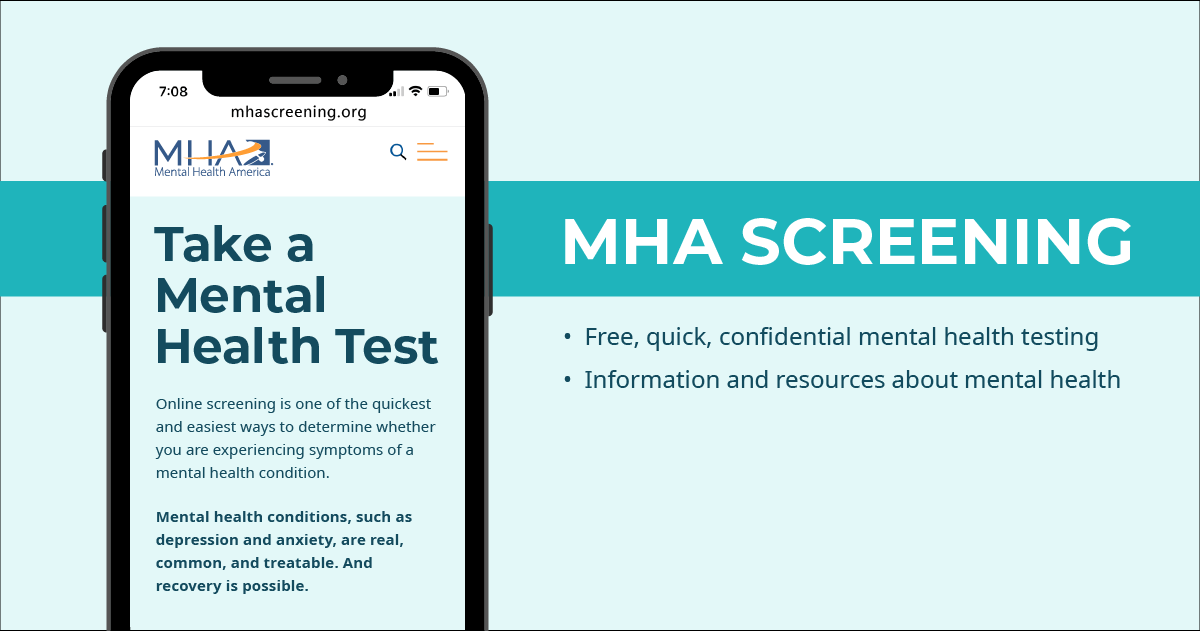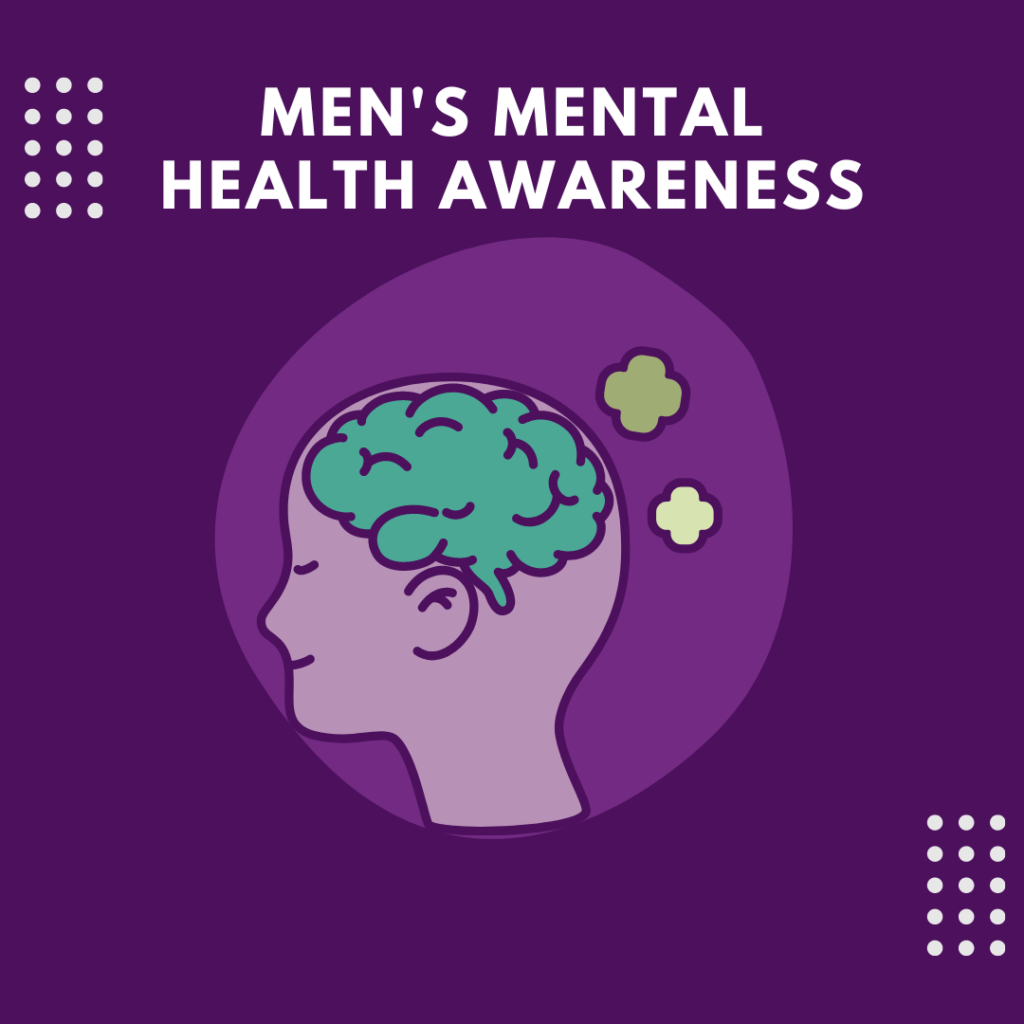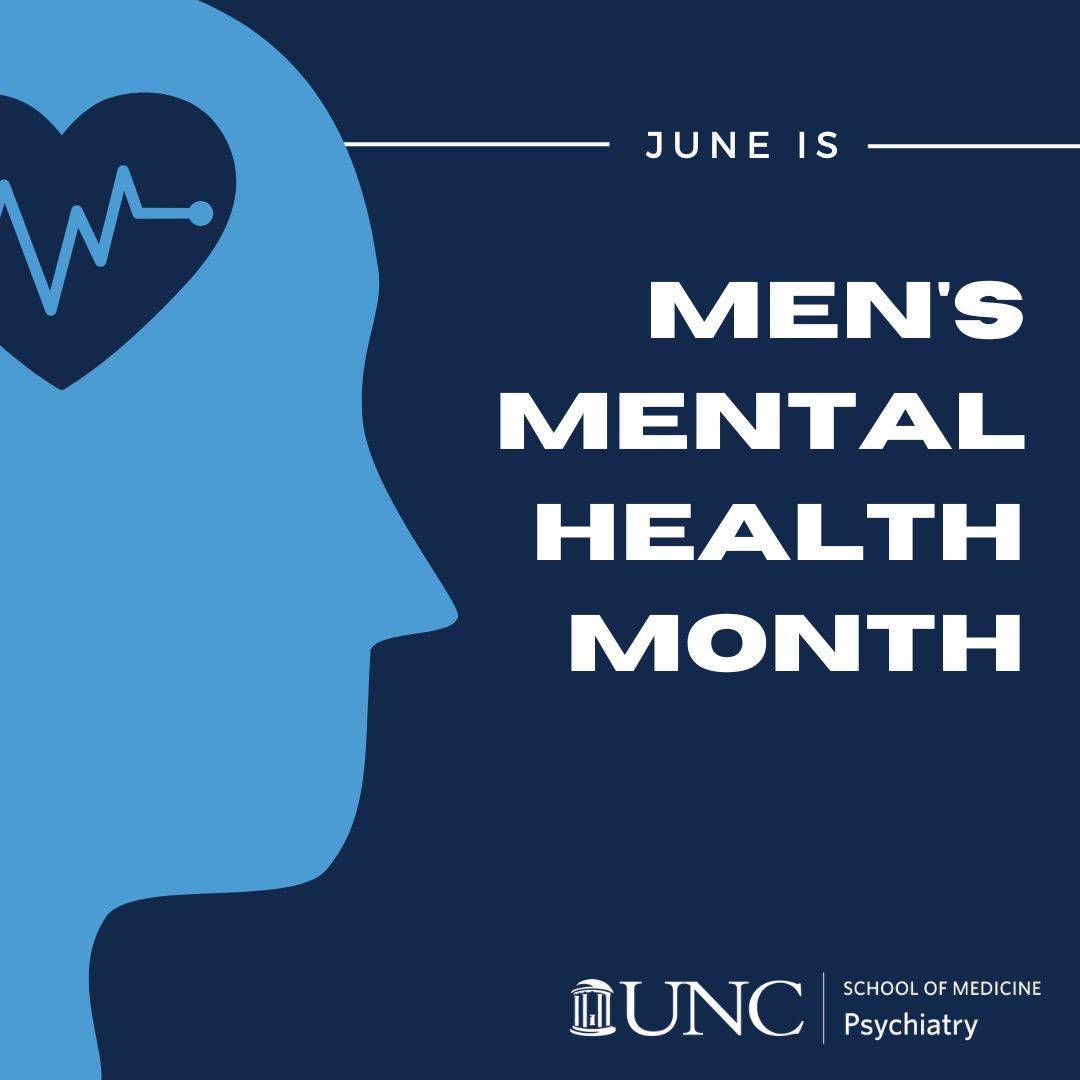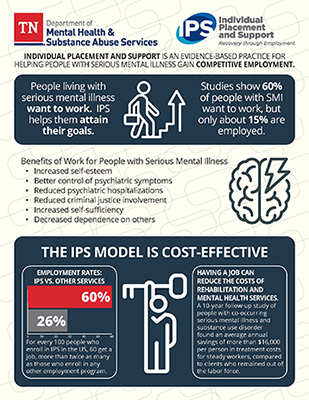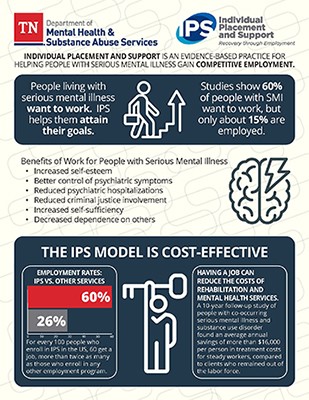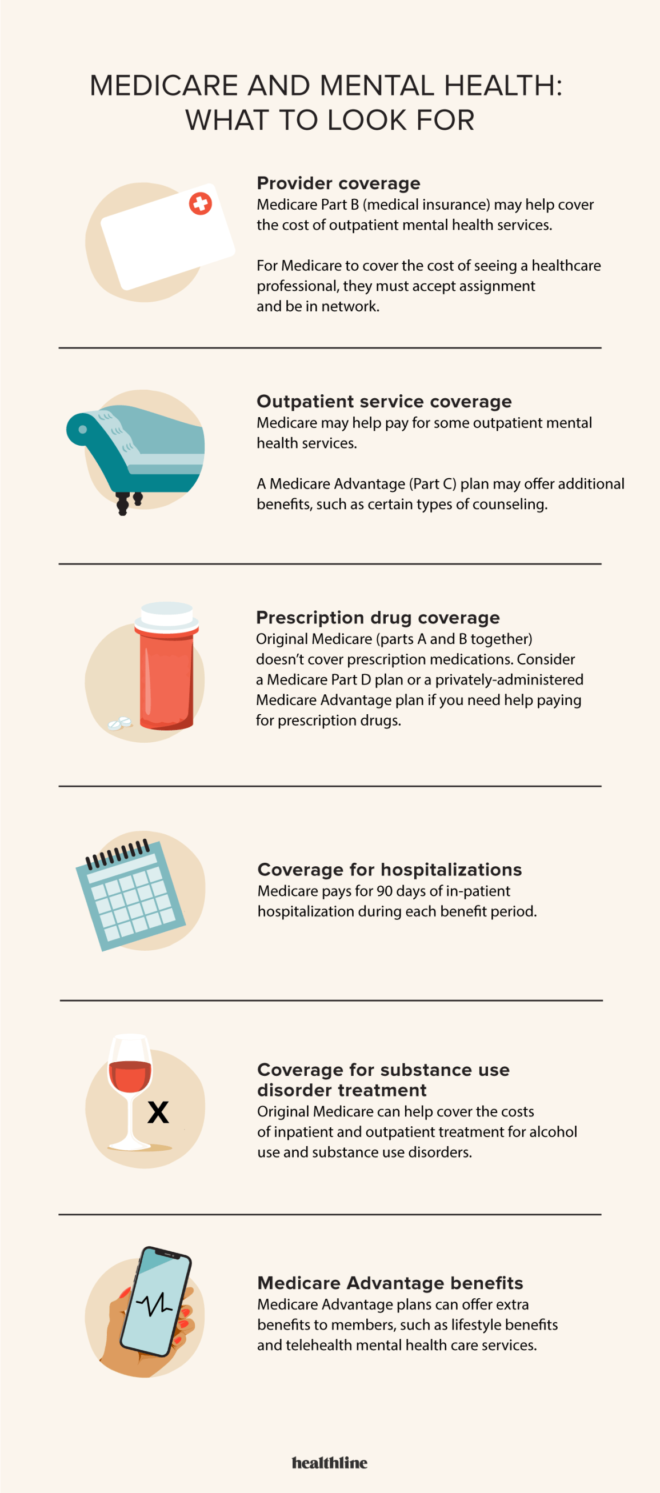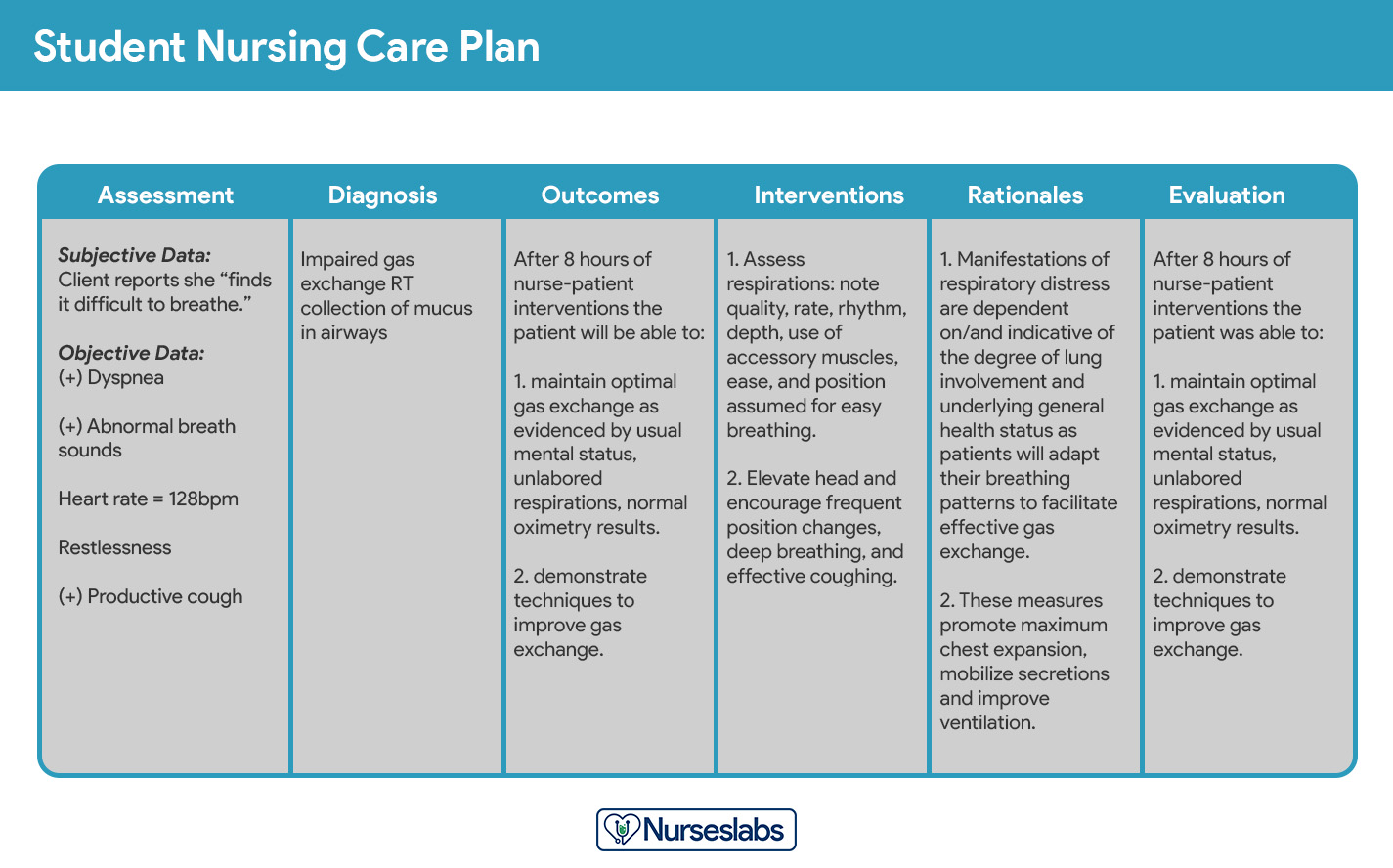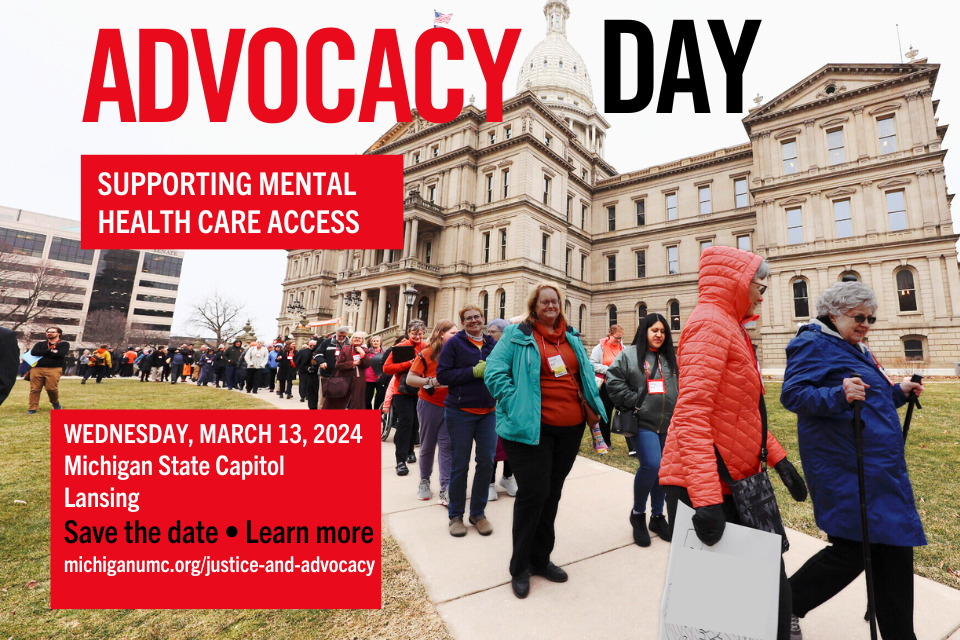Mental health is the state of well-being influencing emotions, thoughts, and behaviors. It includes psychological and social aspects, impacting overall functioning.
Mental health enables individuals to cope with life stresses, realize their potential, and contribute positively to society. It plays a crucial role in relationships, personal well-being, and emotional health. Understanding mental health is essential for maintaining a balanced and fulfilling life.
It affects how we interact with others, manage stress, and make decisions. By prioritizing mental health, individuals can enhance their overall quality of life and well-being. Embracing good mental health practices, such as stress management, creativity, and social connections, can lead to a healthier and more fulfilling life.
Introduction To Mental Health
Mental health refers to emotional, psychological, and social well-being. It affects how we think, feel, and act, and is essential for learning, working, and contributing to our community. Mental health is a crucial component of overall well-being and resilience.
In modern society, mental health is becoming increasingly important due to the rising prevalence of mental health issues, such as anxiety and depression. These issues can have a significant impact on a person’s quality of life and ability to function in daily activities. Therefore, it is crucial to prioritize mental health and seek professional help when needed.
Components Of Mental Wellbeing
Mental wellbeing encompasses emotional, psychological, and social health, impacting one’s thoughts, feelings, and behavior. It is crucial for coping with life’s challenges, realizing one’s potential, and contributing to the community. Maintaining good mental health involves relaxation, stress reduction, creativity, connection with others, and attention to physical health and sleep.
| Mental health involves: |
|
Signs Of Healthy Vs. Unhealthy Mental States
Achieving good mental health involves emotional well-being, positive thinking, and healthy social interactions, leading to balanced behavior and improved coping skills. Conversely, signs of poor mental health include persistent negative emotions, impaired cognitive function, and social withdrawal, impacting overall well-being negatively.
| Mental health encompasses emotional, psychological, and social well-being, influencing cognition, perception, and behavior. |
| Health is a state of mental well-being that enables people to cope with the stresses of life, realize their abilities, learn well and work well, and contribute to their community. |
| Mental health is the foundation for emotions, thinking, communication, learning, resilience, hope, and self-esteem. |
| It is also key to relationships, personal and emotional well-being, and contributing to the community or society. |
| Mental health is important at every stage of life, from childhood and adolescence through adulthood. |
| It includes our emotional, psychological, and social well-being, affecting how we think, feel, and act. |
| Mental health also influences how we handle stress, relate to others, and make healthy choices. |
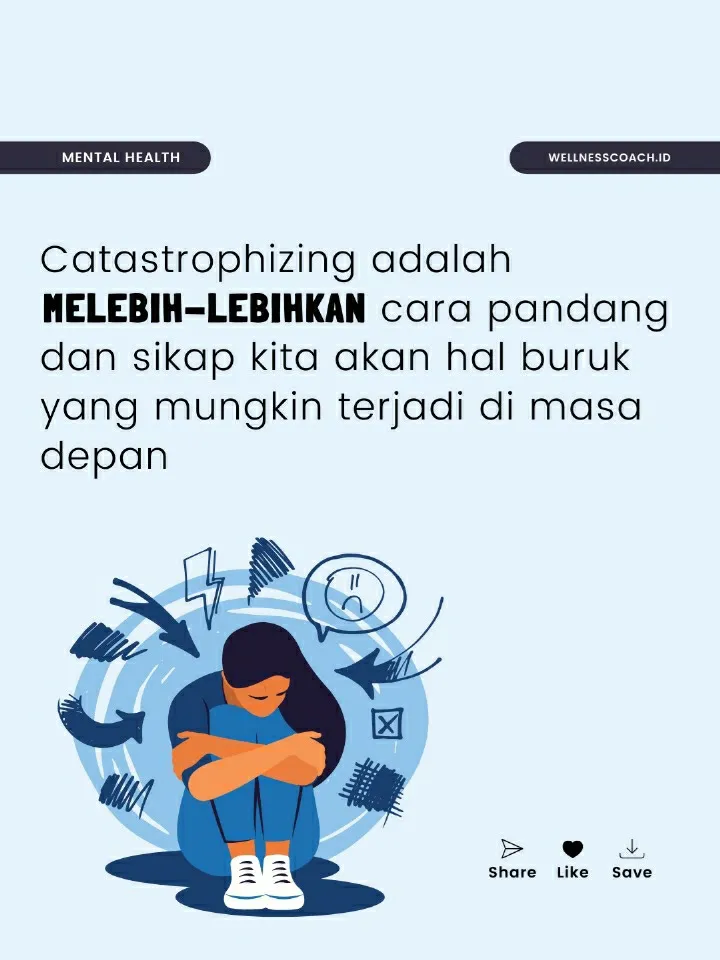
Credit: www.lemon8-app.com
Impact Of Mental Health On Daily Life
Mental health encompasses emotional, psychological, and social well-being, influencing cognition, perception, and behavior. It is the foundation for emotions, thinking, communication, learning, resilience, hope, and self-esteem. Mental health is also key to relationships, personal and emotional well-being, and contributing to community or society.
Good mental health is a state of mental well-being that enables people to cope with the stresses of life, realize their abilities, learn well and work well, and contribute to their community. It includes our emotional, psychological, and social well-being, affecting how we think, feel, and act.
Tips for improving mental well-being include relaxing and reducing stress, finding ways to learn and be creative, spending time in nature, connecting with others, looking after physical health, and improving sleep. Mental health is important at every stage of life, from childhood and adolescence through adulthood.
Common Mental Health Disorders
Mental health encompasses emotional, psychological, and social well-being, influencing cognition, perception, and behavior. Common mental health disorders include anxiety, depression, bipolar disorder, and schizophrenia. Anxiety and depression are the most prevalent mental health disorders, affecting millions of people globally. These conditions can cause significant distress and interfere with daily functioning. On the other hand, severe conditions like bipolar disorder and schizophrenia can have a profound impact on an individual’s life, often requiring long-term management and treatment.
Strategies For Improving Mental Health
Mental health encompasses emotional, psychological, and social well-being, influencing cognition, perception, and behavior. It is the foundation for emotions, thinking, communication, learning, resilience, hope, and self-esteem. Good mental health enables people to cope with the stresses of life, realize their abilities, learn well, work well, and contribute to their community. It includes our emotional, psychological, and social well-being, affecting how we think, feel, and act, and how we handle stress, relate to others, and make healthy choices.
Strategies for improving mental health involve therapeutic approaches, such as counseling, cognitive-behavioral therapy, and medication management. Lifestyle changes play a crucial role, including regular exercise, balanced nutrition, quality sleep, and stress management. Engaging in hobbies, spending time in nature, connecting with others, and practicing relaxation techniques are beneficial. Prioritizing physical health, seeking creative outlets, and finding ways to learn can significantly contribute to overall mental well-being.
Role Of Community And Society
Community and society play a crucial role in supporting mental health by fostering connections and providing a sense of belonging. These networks can offer emotional support, reduce stigma, and encourage individuals to seek help when needed.
| Mental health is crucial for overall well-being | Community and society play a vital role |
| Support systems can help individuals cope with challenges | Reducing stigma and discrimination is essential for promoting mental wellness |

Credit: www.who.int
Future Trends In Mental Health Awareness
Mental health is a crucial aspect of overall well-being, encompassing emotional, psychological, and social elements that influence our thoughts, feelings, and behavior. As society becomes increasingly aware of the importance of mental health, there are several future trends emerging that may shape how mental health is approached and addressed. Technological advancements, such as teletherapy and mental health apps, are making mental health resources more accessible to people who may not have had access before. Policy and healthcare system changes are also occurring, with more focus on preventative measures, early intervention, and integrated care. These trends indicate a shift towards a more holistic approach to mental health, recognizing the interconnectedness of mental health with other aspects of our lives.

Credit: www.lemon8-app.com
Frequently Asked Questions
What Is The Meaning Of Mental Health?
Mental health is a state of well-being involving emotional, psychological, and social aspects, impacting thoughts, feelings, and actions.
What Is Mental Health According To Apa?
According to APA, mental health is the foundation for emotions, thinking, communication, learning, and resilience. It influences self-esteem, relationships, and overall well-being.
How To Fix Mental Health Issues?
To fix mental health issues, try to relax and reduce stress. Find ways to learn and be creative. Spend time in nature and connect with others. Look after your physical health and try to improve your sleep. These steps can help improve your mental wellbeing.
What Is Mental Health And How Does It Affect Us?
Mental health refers to our emotional, psychological, and social well-being. It affects our thoughts, feelings, and actions, as well as how we handle stress, relate to others, and make healthy choices. Good mental health enables us to cope with the challenges of life, learn and work effectively, and contribute to society.
It’s important at every stage of life.
Conclusion
Mental health is vital for overall well-being, encompassing emotional, psychological, and social aspects. It influences how we think, feel, and behave, impacting our ability to cope with life’s challenges and contribute positively to society. Prioritizing mental health is essential for a fulfilling and balanced life.
